Keeping chickens in the backyard is amongst the most beneficial hobbies; I have adopted this habit of raising chicks and chickens from my forefathers. It is indeed very exciting and rewarding, as the cute little fellows run here and there through the driveway. Sooner, the day would come when your little fellows would transform into big beautiful hens and you would be able to grab a few eggs from their nest for breakfast. Indeed, you will actually feel the difference in taste and look of the fresh farm egg that you obtain from the backyard chicken and the one you used to bring from the grocery store.
I have variety of chicken breeds in my farm so I get the chance to enjoy both white and brown eggs; there is particularly no difference between the tastes of the two, but I enjoy white egg more. It’s my personal experience, the weather is warm usually the summer and spring seasons, the hens lay more eggs. I have a small flock of ten hens and they almost lay 8 eggs on a daily basis. However, this small flock provides with lesser amount of eggs when its winter and autumn. Even the age of the hen affects the egg production; the older hens start producing lesser number of eggs than before.
When it’s the peak time of egg production, you must pay special attention to your flocks. It’s ideal to store more eggs during the time and store eggs for prolonged winter and autumn seasons. You must be wondering about the tips on collecting and cleaning eggs. The excerpt highlight important and useful tips that can help you achieve your goal easily;
Even before the process of cleaning chicken eggs the process of collecting the eggs matters. You cannot simply disturb the hen and get out the eggs just like that; it can even destroy the egg while making it dirty at the same time.
1: The nest must be maintained:
A raw nest would never be robust enough to take care of the hen’s egg. You should make sure that the nest is fully covered with straws or feathers. In case the nest is not having any gaps than immediately fill it with feathers again.
2: Collect the eggs as soon as laid:
There are many chicken raisers which keep the eggs in the nest or under the hens overnight – this many times lead to the breaking of the eggs. So, during the peak egg production time, you must collect the eggs twice a day.
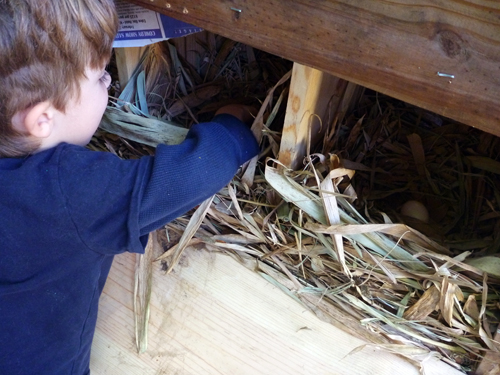
3: Keep hens away from the nest when eggs have been laid:
You must make sure that the nest is at a height that chicken does not get on it after laying the eggs. If the hen will rest again on the eggs, the chances of getting dirt and murk are more; also, the eggs are prone more to damage.
4: Play with the hen:
As soon as the hen has laid eggs, distract her by providing her delicious meal. She would get busy eating the meal and meanwhile you can collect the eggs easily.
5: Always keep the eggs in a plastic tray:
Whenever you collect the fresh eggs place them in a plastic tray, so that they do not get damage while taking to the kitchen.
6: Keep clean and dirty eggs separately:
While collecting eggs make sure you keep clean and dirty ones separately.
7: Egg cleaning:
Try your best that you get the cleanest form of eggs from the nest. On collecting the eggs on time it is very simple of finding the fresh and warm hen eggs.
8: Washing eggs is not suggested:
Washing fresh egg leads to removal of the egg bloom – it is the natural protective layer on the egg which ensures that it retains the fresh and acts like a germ shield too. However, if the egg is extremely murkier than you can opt simple ways of cleaning it.
9: Dry cleaning eggs:
It may sound weird to you but buffing the egg with fine sandpaper helps in removal of the dirt. By doing so, you can also make sure that the egg bloom remains protected.
10: Wet cleaning
As the name suggests, it is the process of washing the eggs with water for removal of darker stains and dirt. But wash it under running water just warmer then the egg not in cool water.
11: Rubbing eggs with a cloth:
This is another simple tip of egg cleaning – whilst collecting the eggs from the nest keep a cloth with you; the warmer eggs can easily get rid of stains of murk in any.
12: Run eggs under lukewarm water:
The dirt and murk would easily wash away by putting the eggs in lukewarm water bucket. Never ever think of washing the eggs in the cold water, it leads to bacteria development.
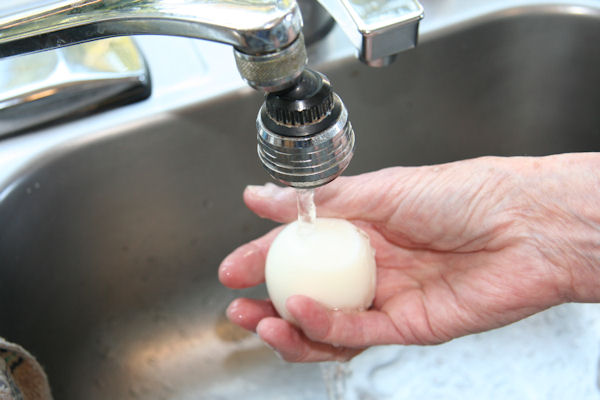
13: Use non-abrasive sponge:
Sometimes the stains are quite irritating and they don’t wash away easily. At such points you can use a non-abrasive sponge dipped in any detergents and wash the egg smoothly.
14: Scrubbing helps:
Raw eggs with stains and chicken’s dirt must be softly scrubbed with a sponge or sandpaper. This helps in removing the stains without much effort.
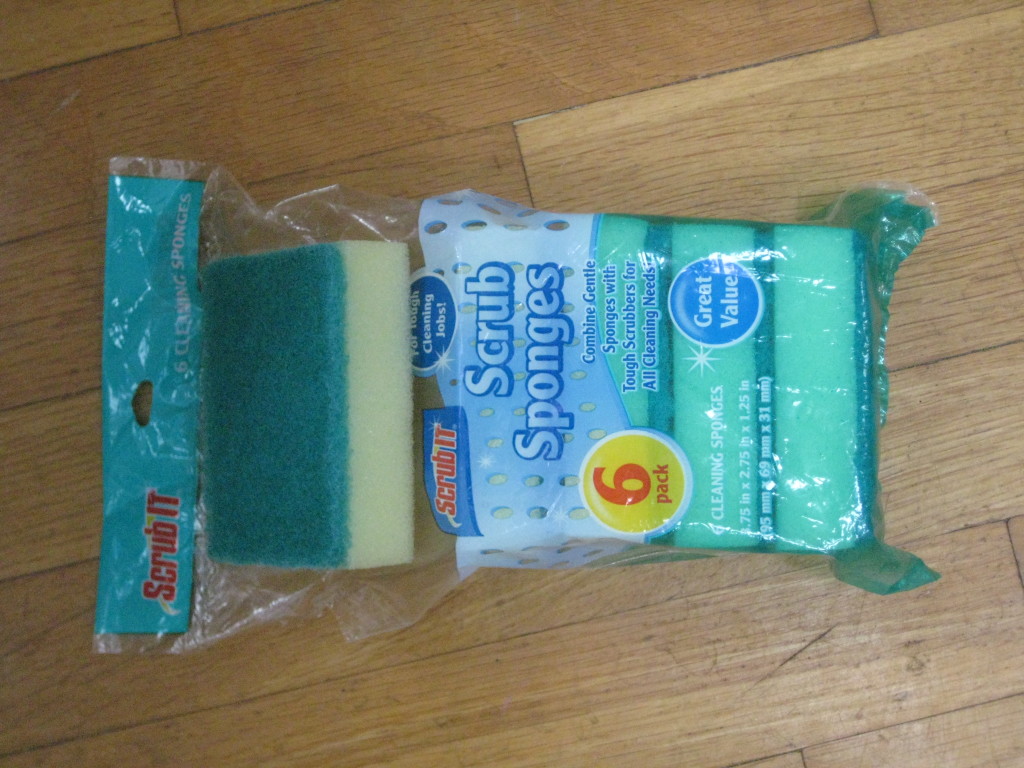
15: Keep your coop clean:
If you would work hard on cleaning the coop clean, you would easily get cleaner eggs. If you would leave the broken eggs and dirt in the nest, newer eggs would get the same dirt and cleaning them would get compulsory.
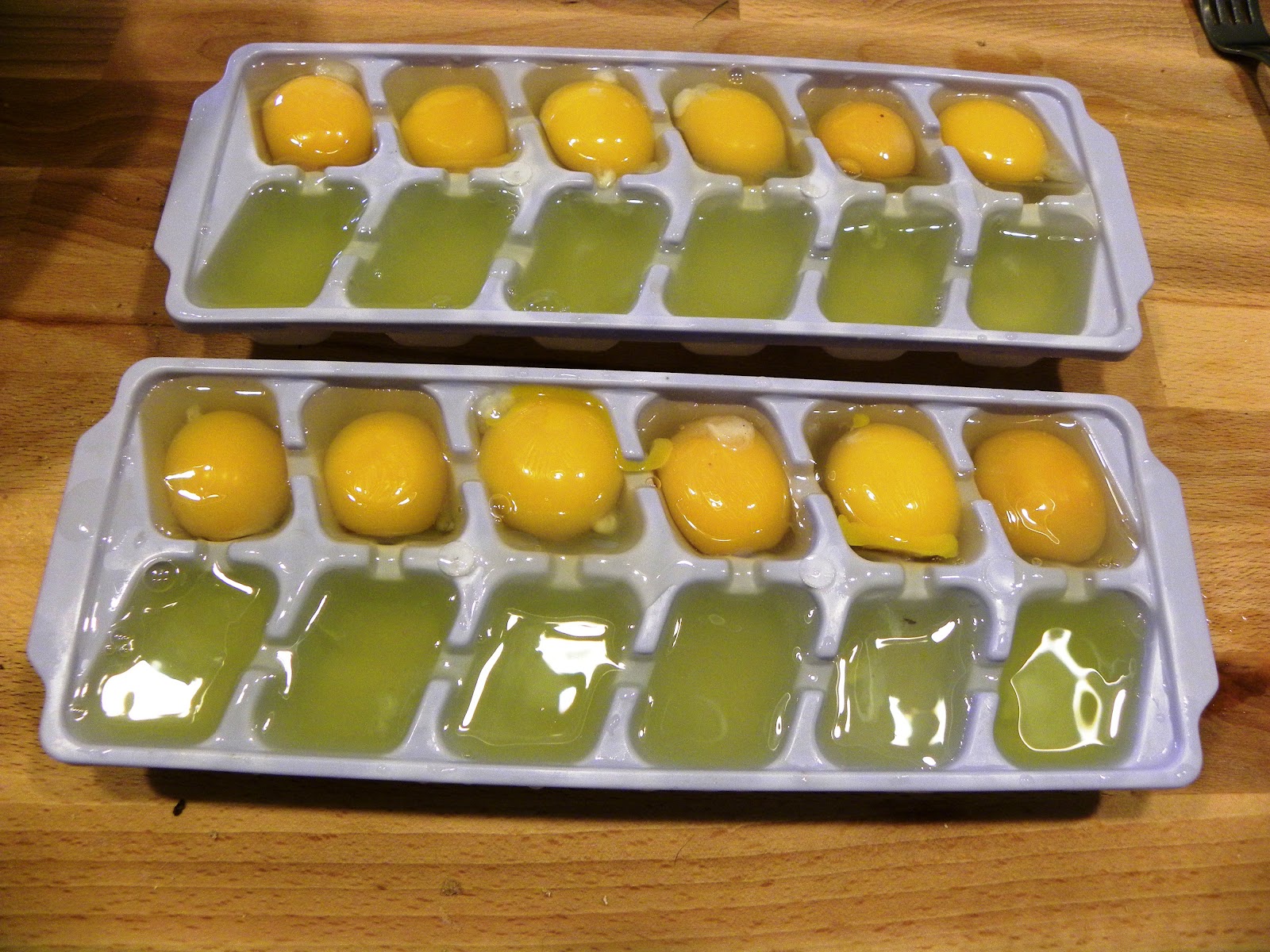
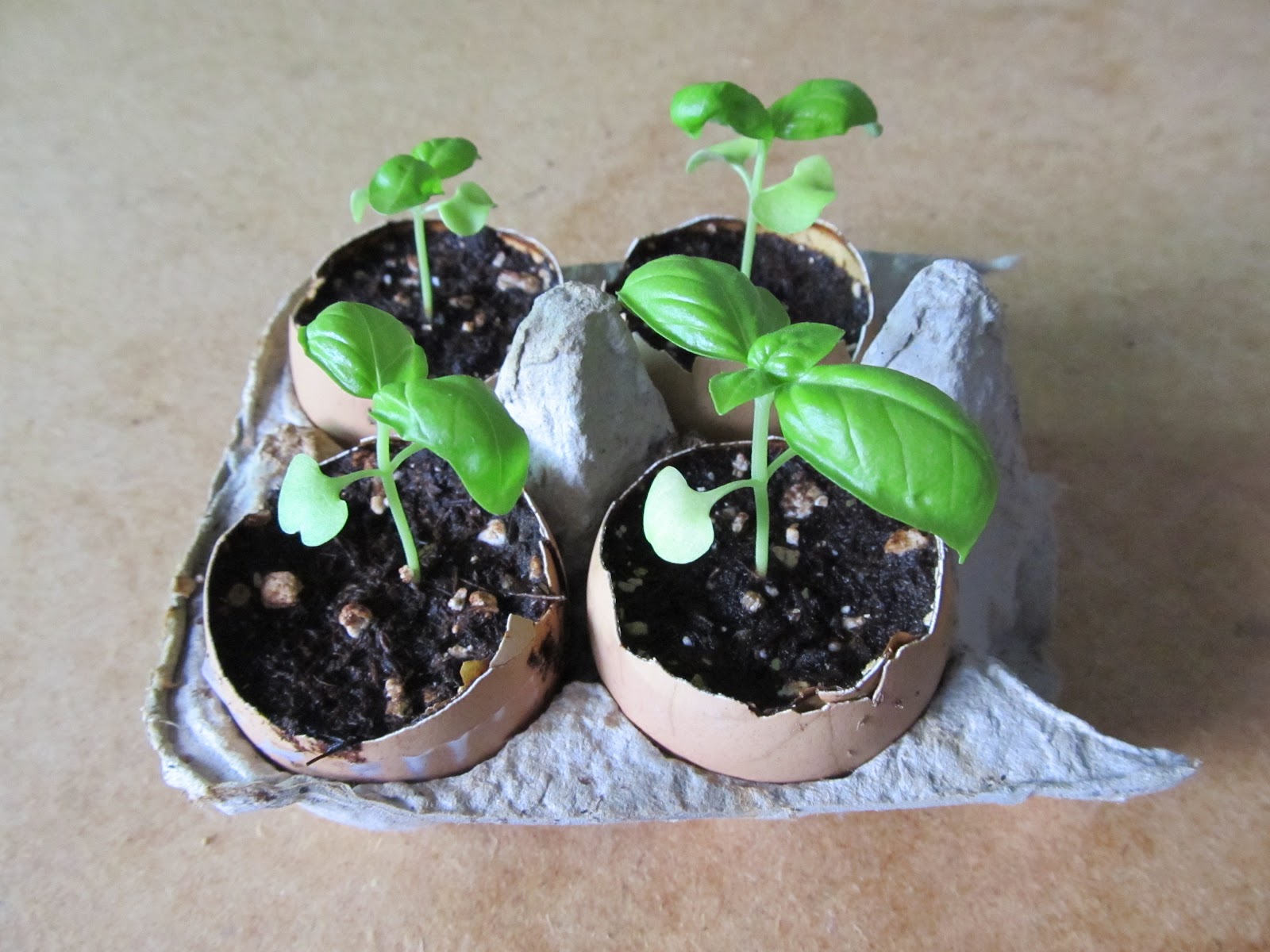
From this article,i find you are so carefull a person.Learning something from your article.
Thanx! yarina
Great tips! Thanks for sharing on The Creative Home & Garden Hop…hope to see you again today!
http://littlehomesteadonthehill.blogspot.com/2013/09/the-creative-home-garden-hop-10.html
Very Helpful articles.